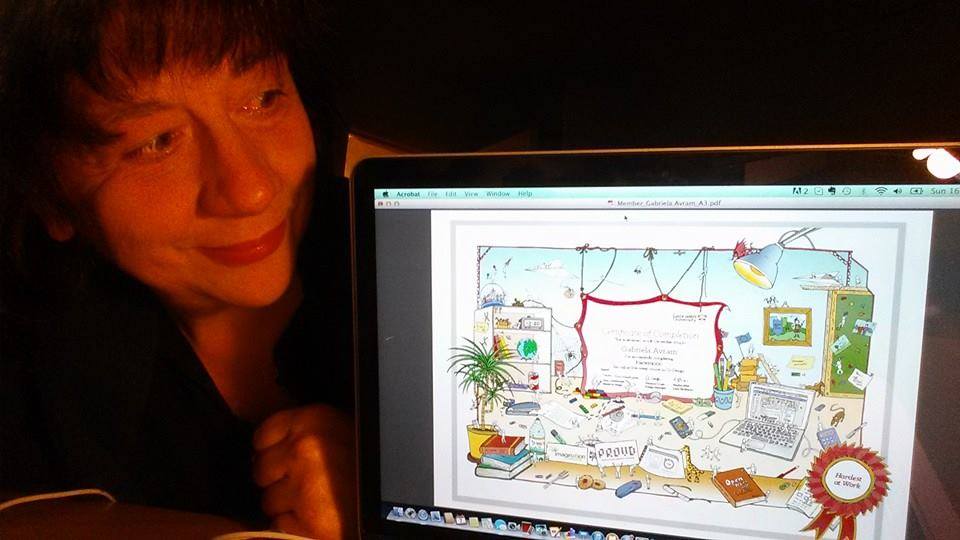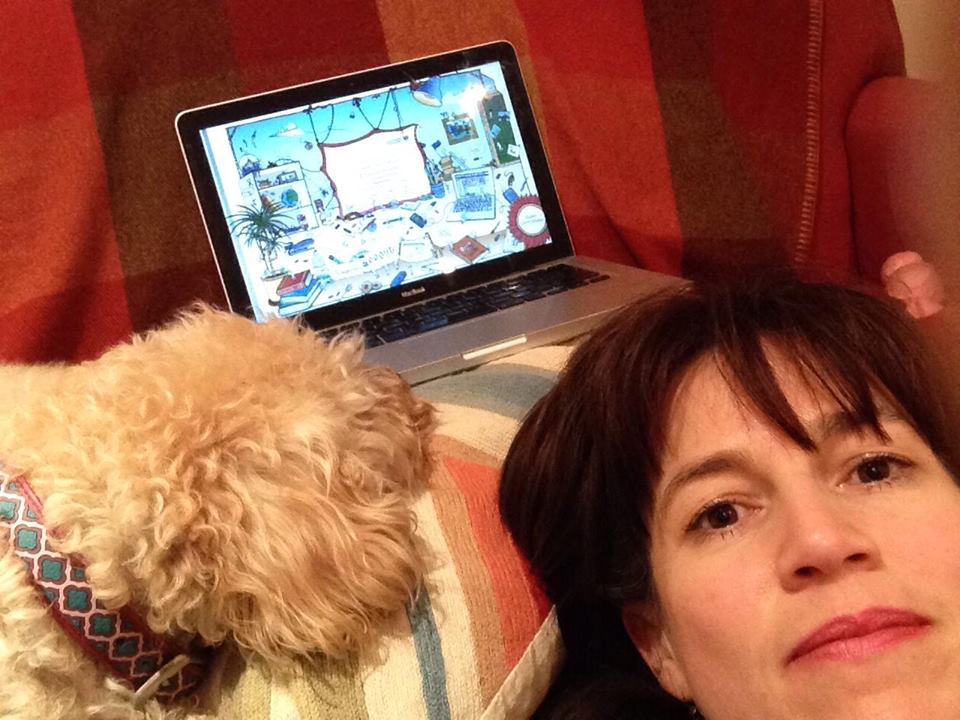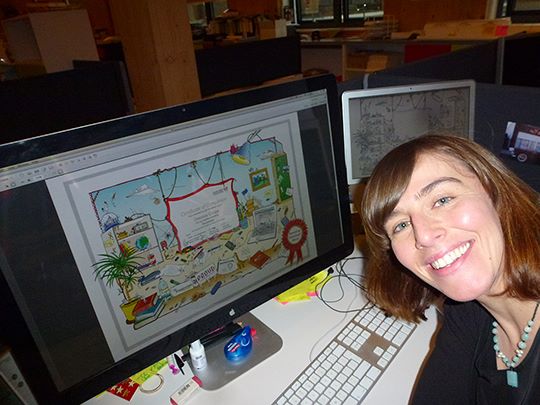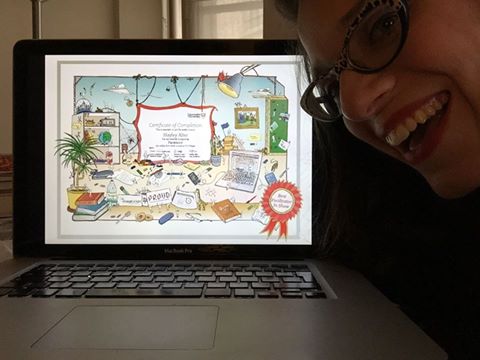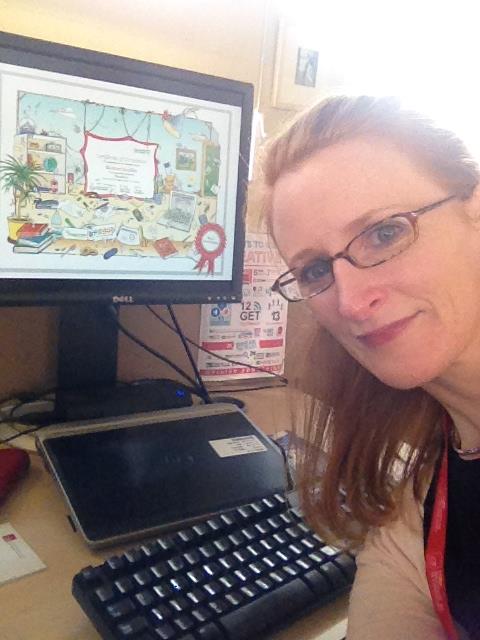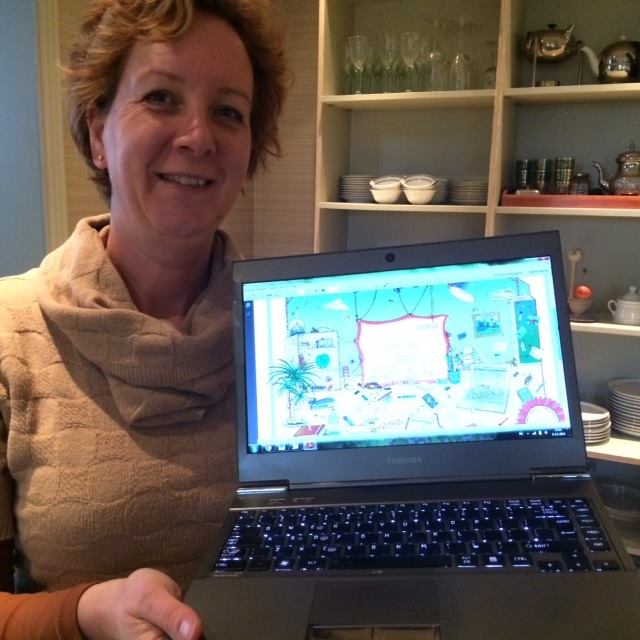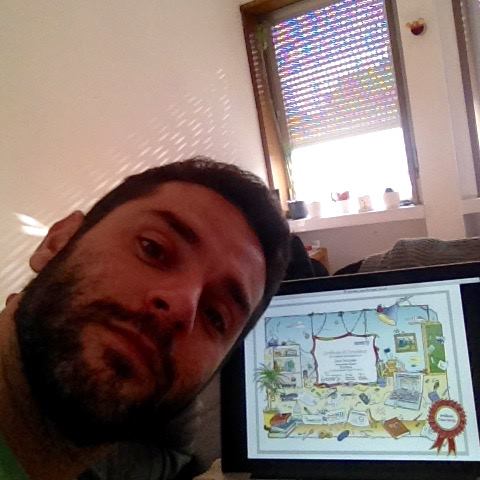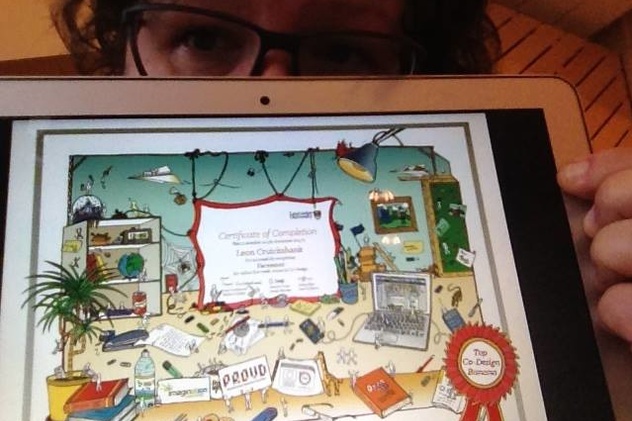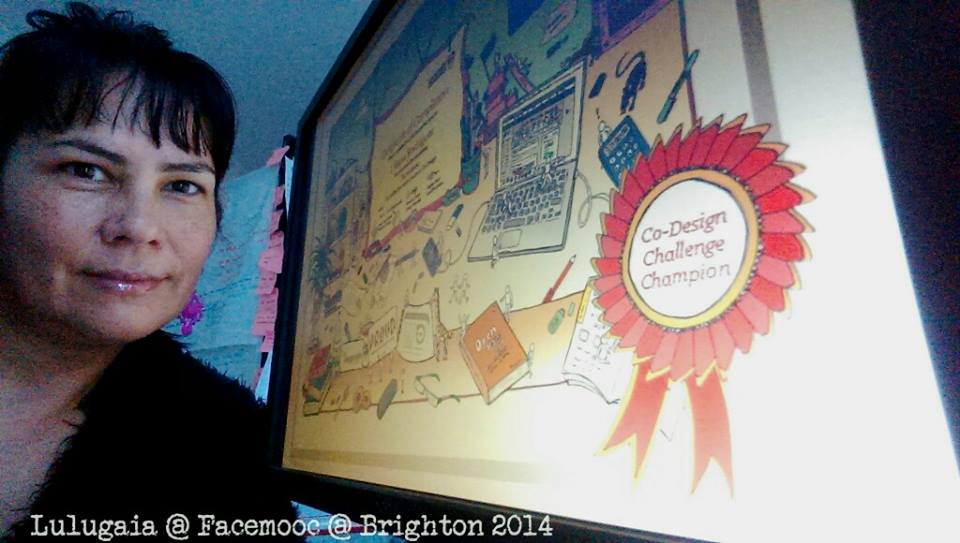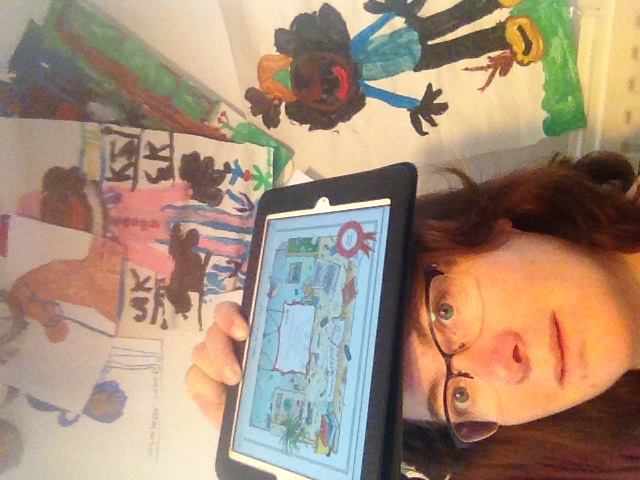33 people signed up to participate in facemooc from across the globe including the Netherlands, Taiwan, Ireland, the UK, Barcelona and Australia. Participants includec design professionals, design researchers, students, creative producers all keen to improve their knowledge and co-designing skills and build a lasting network of contacts in the co-design field.
The five 5 week course introduced participants to the landscape of co-design through the use of videos from lead thinkers in the field such as Liz Sanders and Charles Leadbeater. The PROUD team interviewed PROUD partners and co-design experts to produce a series of short films with the aim of provoking debate and discussion about what co-design is, whose using it and the benefits and challenges of using a co-design approach from a designer’s perspective.
Quickly the challenges of using a closed facebook group for an online course came to light, particularly facebook’s insistence on constantly reordering the newsfeed to reflect what was being liked or commented on at the time. Responding to requests from the group we setup a Dropbox folder with content listed and archived in chronological order so people could catch up in their own time in a linear manner if they wished too.
Homework tasks were set each week, including assigning each person one academic paper on co-design to read and asking them to create and upload onto the newsfeed a creative, visual synopsis of the learning within the paper for the benefit of the group. After watching and reading co-design case studies created by the team including PROUD’s Beyond the Castle co-design challenge, and mentor case studies participants were asked to upload their own co-design case study to share knowledge and learning around how co-design was being used and valuable learning amongst the group.
At the end of week three we assigned group work, using real life co-design scenarios that members of facemooc had submitted. During weeks 4 and 5 groups self formed using a facebook poll then worked collaboratively using online tools such as Hackpad, Murally, Skype and real life meetings to create their group work projects. PROUD had procured expert mentors for the groups to contact for support with the group project, allowing each group project up to 4 hours of mentor support. Hayley Alter, currently based in Paris was lead facilitator for facemooc and did a superb job of energising and supporting the group over the 5 weeks.
For a fun finale to facemooc, on successful completion of facemooc participants were emailed a unique illustrated certificate (created by HighWire student Miriam Sturdee) and asked to post a Selfie of themselves and their certificate onto the newsfeed with 3 great things they have taken from their facemooc experience (a selection of which are featured above). Reading these it is clear to see that although facebook itself could be challenging the connectivity it provides more than makes up any confusion created by using facebook as a platform.
A group of ‘super users’ formed who consistently posted on facemooc and exchanged learning and resouces amongst themselves who ultimately took ownership of the group. Now facemooc has ended they are still using the group for exchange and discussion and have asked that the group continue which we were happy to agree as ownership of the facemooc group was the ideal outcome for the project. Since facemooc ended participants have been posting updates of progress with their real life co-design challenges along with photos of workshops.
We plan to write a detailed reflection and evaluation of the process and facemooc as a journal paper in the New Year with the aim of transferring the learning from this innovative project that may wish to take a similar approach. As with any co-design process, creating the scaffolding for a group of strangers to come together and create a lasting creative community around a strong shared interest was time intensive but hugely rewarding in the final outcome.


